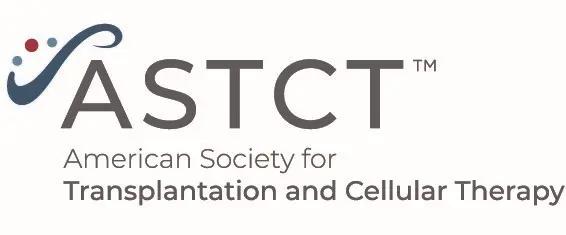An off-the-shelf approach in identifying novel GVL mHAs
A recent study has found that novel graft-versus-leukemia has minor histocompatibility antigens and was all validated.
A recent study has found that novel graft-versus-leukemia has minor histocompatibility antigens and was all validated.

Researchers from the University of North Carolina at Chapel Hill have recently published an article describing their discovery of novel graft-versus-leukemia (GVL) shared minor histocompatibility antigens (mHAs), 24 of which the authors further validated. The group utilized the DISCOVeRY-BMT data set. These findings, published in Blood Advances, highlight an innovative approach that can be used to validate additional undiscovered GVL mHAs and improve current immunotherapeutic abilities by increasing the number of known GVL mHAs.
This study aimed to enhance the mHA discovery process from the current “personalized” approach, which identifies mHAs suitable for a small number of patients, to an “off-the-shelf” approach, which allows for a substantially increased amount of mHAs discoveries.
Three common HLA alleles, HLA-A*02:01, HLA-B*35:01, and HLA-C*07:02, were chosen for further investigation to grant the study 100% GVL mHA peptide coverage, based on 11 to 15 peptides. Mass spectrometry validated the HLA presentation of the GVL mHAs in question using samples from cell line samples U937A2, NB4, and MONOMAC1 respectively. For HLA-A*02:01, 17 peptides were positively identified, 16 being novel; for HLA-B*35:01, three novel peptides were identified; and for HLA-C*07:02, five novel peptides were identified. Further, one novel predicted mHA was confirmed through flow cytometry tetramer staining of CD8 T-cells cultured with novel mHA-pulsed (UNC-HEX-DC-V) dendritic cells. Taken together, the authors of this study have demonstrated methods to identify novel shared GVL mHAs. This work provides an optimistic outlook in the future discovery of mHAs for immunotherapeutics.
Reference
Olsen KS, Jadi O, Dexheimer S, et al. Shared graft-versus-leukemia minor histocompatibility antigens in DISCOVeRY-BMT. Blood Adv. 2023;7(9):1635-1649. doi:10.1182/bloodadvances.202200886